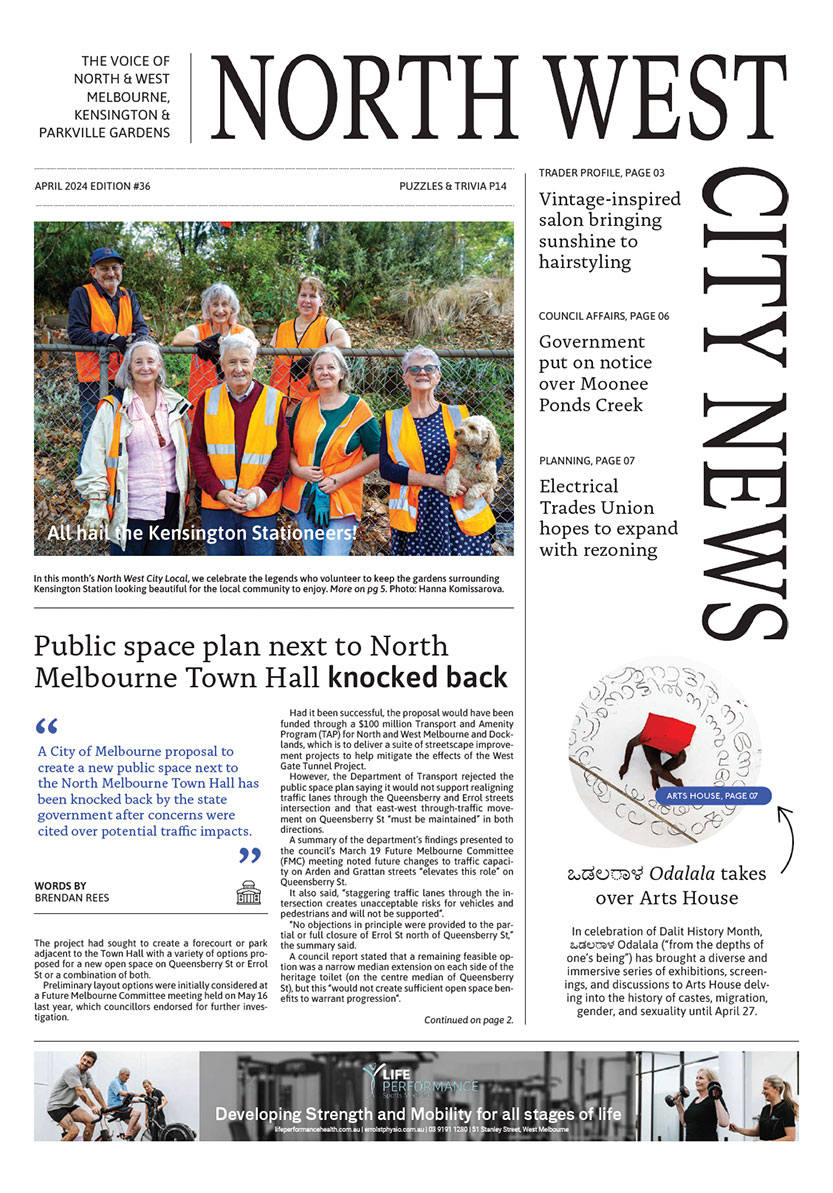Refusing
Refusing becomes an important step in rejuvenating our planet and caring for others and, therefore, ourselves as we are all connected. Refusing can be an act of love and care for the well-being of people, creatures and ecosystems
The refusing I am raising is not about going to live in the mountains as a recluse refusing to participate in society.
The refusing I am talking about is to say that you will not do or accept something
Refusing is first to understand what we are refusing –it’s possibly harder to refuse when we live in comfort, to see or more likely to look into things fully and determine what we are actually “agreeing” to or allowing to happen
We live in a world where we can play online games and create our own worlds while the real world outside is shrinking under concrete, asphalt, mining, clearing of forests, and damming of rivers.
We are sold a narrative that escaping into our Netflix series, online games, social media will help us feel better and by keeping us busy in a “pretend” world facilitates denial about what is really going on with the people who are being abused to create our garments, smartphones, laptops, while the land and remaining indigenous peoples who hold ancient wisdom, is being destroyed to make way for our electric cars, and industrialised food.
Has all this technology really created a better life, and if so, for whom?
Tyson Yunkaporta in his book Sand Talk explains how we have “outsourced our violence” so we can sit here is our safe houses in Melbourne not having to witness how young children in Africa have to mine minerals for us to have the latest smartphone or laptop.
Globalisation has allowed us to be removed from the actual cost of these things. Imagine if it was our own kids or our neighbour’s children – would we be so complicit?
The relationship between fear and the ability to refuse is clear when we consider that historically, some can moreeasily afford to refuse than others. Some people can per-sonally afford the consequences.
When Rosa Parks refused bus driver James F Blake’s or-der to vacate a row of four seats in the “coloured” section in favour of a white passenger, once the “white” section was filled, she and her family were nearly ruined by her arrest, and she was unable to find full employment for a decade after the boycott. She lost weight and needed tobe hospitalised for ulcers and experienced “acute financial hardships”.
There are many “systemic abuses” to be refused at the moment
Refusing is personal – each individual will decide the things they will refuse. By refusing to refuse, what are you accepting?
“If you put your money in the things you distrust, or aredestroying the world, you’re going to have a very pessimisticoutlook on the fate of the earth. If you put money into whatyou love, and is around you, your community will thrive”–Michael Shuman.•

Jo Ryan unveils Ordered Chaos at Blender Studios





 Download the Latest Edition
Download the Latest Edition